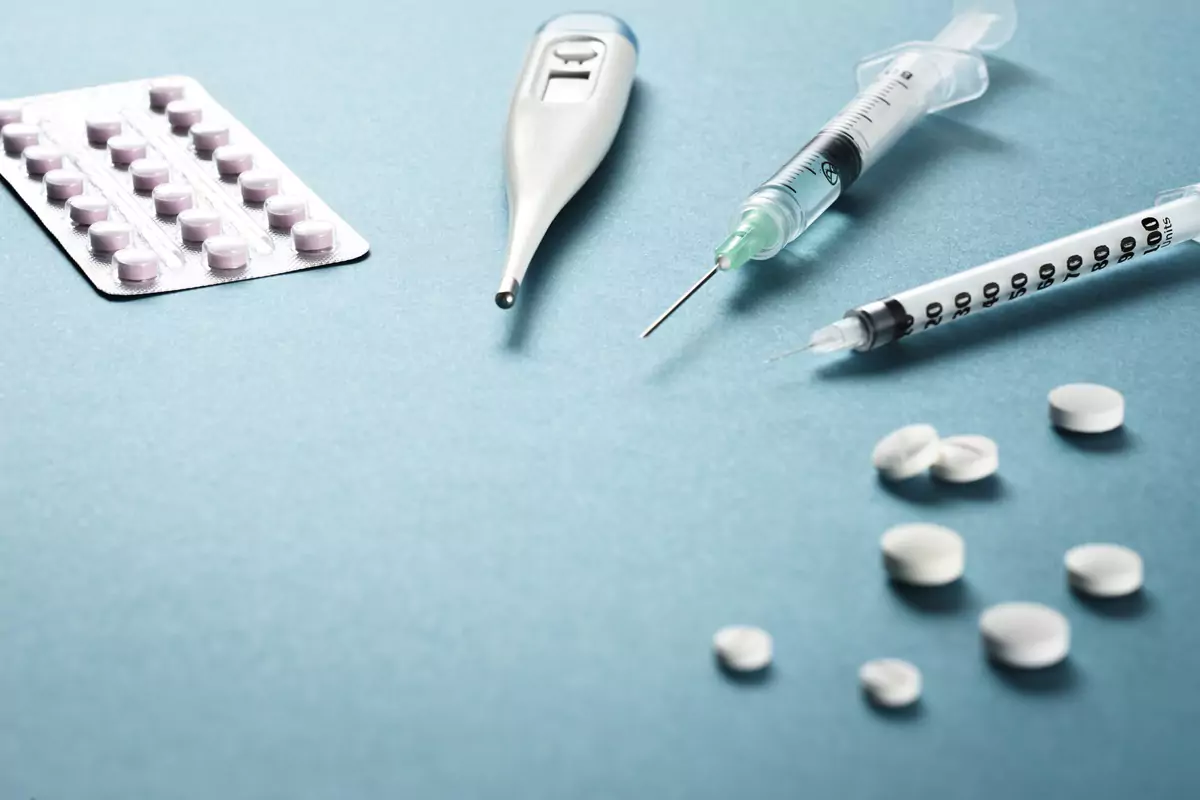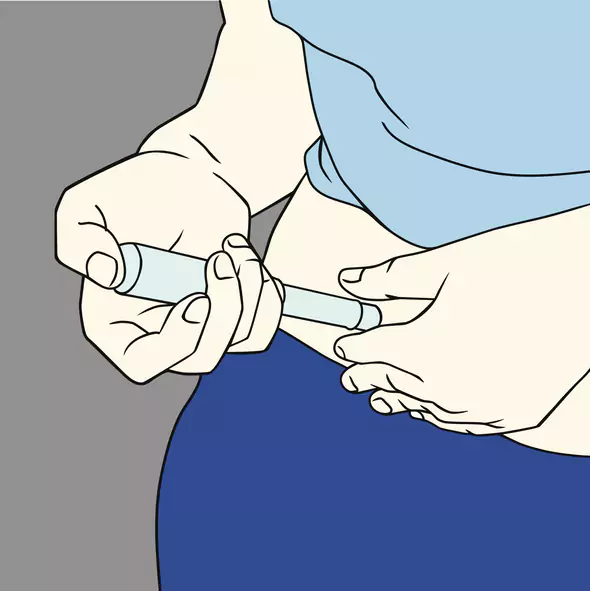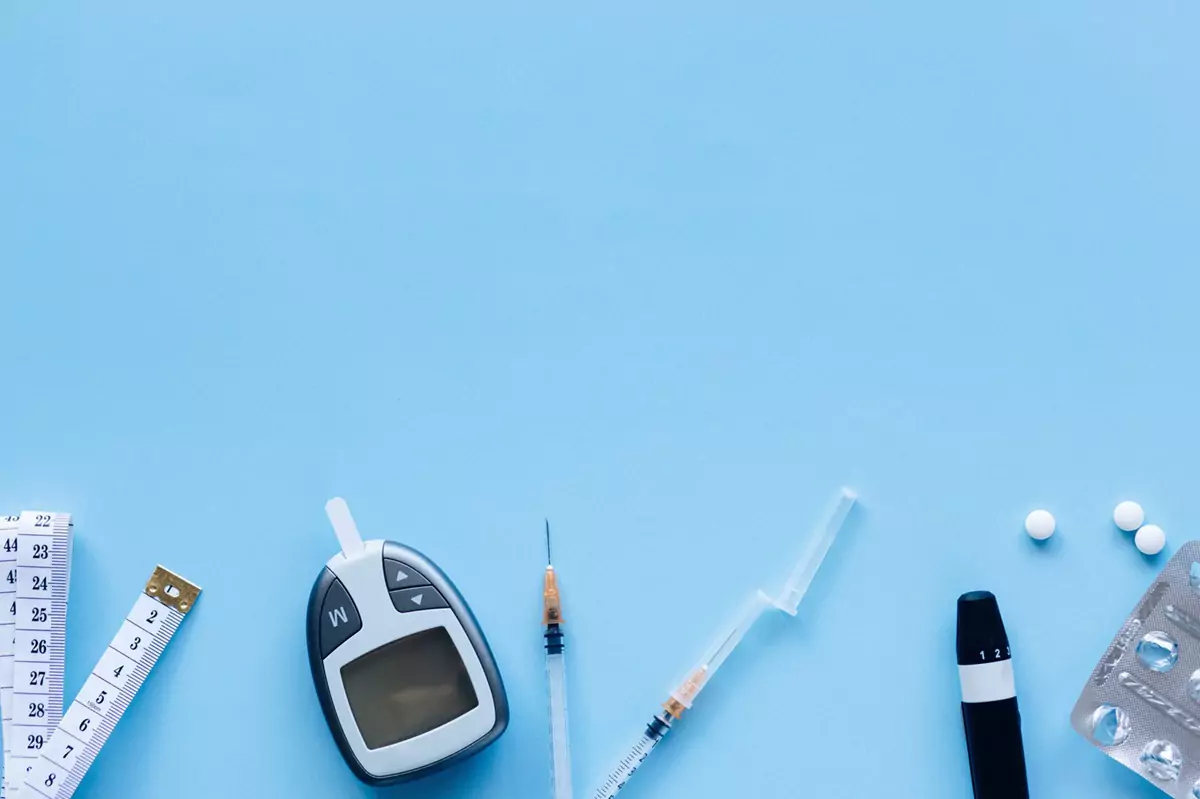
UP TO 40% OFF SITEWIDE






Metformin & kidney, heart, liver problems? Cancer?


Table of Contents
- How does metformin work?
- Who is a candidate for metformin?
- What happens after starting metformin?
- What are the contraindications
- Our approach to the administration of metformin:
- Pretreatment evaluation for metformin
- Metformin dosing information
- How to tolerate metformin
- How to monitor diabetes on metformin?
- Weight loss with metformin
- Does metformin cause heart attacks, or is it good for the heart?
- Cholesterol and metformin
- Cancer and Metformin
Metformin is the most widely used type 2 diabetic medication. Yet, there are a lot of questions about this medicine. Moreover, there are significant concerns about metformin side effects as well. Does it t cause cancer? Does metformin lead to kidney problems? Some people love it, and some people hated it.
We will answer the most common questions today about metformin, kidney problems, and cancer. We will see how others use metformin and how it should be used correctly in patients with diabetes type 2. Unless there are contraindications, metformin is the initial medication of choice for high blood sugars in type 2 diabetes.
We typically use metformin and appropriate candidates, along with lifestyle intervention, at the time of diabetes diagnosis. For very motivated patients, metformin may not be necessary at the initial stages of diabetes.
How does metformin work?
Metformin's primary effect is to decrease glucose coming from the liver. It does that by reducing glucose production in the liver. Metformin also helps to increase glucose uptake by the cells, such as muscle and fat. That effect is more prominent, particularly after meals. Metformin also reduces the fat circulating in the bloodstream.
As a result of these effects, metformin reduces insulin levels. There is also indirectly reduce his insulin resistance. Metformin also has a slight impact on appetite. It can help reduce the weight slightly. There are some suggestions that metformin can reduce the risk of cancer as well. Kidneys clear metformin. As a result, there is confusion about whether metformin is the cause of kidney damage.
Who is a candidate for metformin?
Unless there are contraindications, metformin should be the first agent for most patients with type 2 diabetes because of its excellent ability to reduce blood glucose. Not only that but also due to the absence of weight gain and (low blood sugar)hypoglycemia. Although there are some side effects is generally well-tolerated.
However, metformin toleration depends on how diabetes doctors prescribe and titrate it. Also, yes, even patients with kidney problems can use it until stage 4 kidney disease. It also has an excellent safety profile. The fact that it is low cost is also an important feature. We may initiate metformin at the time of diabetes diagnosis, along with consultation for lifestyle intervention.
For highly motivated patients with A1C near the target (<7.5 percent) at the initial diagnosis of diabetes, a three- to the six-month trial of lifestyle modification before initiating metformin is reasonable. In certain situations such as cardiovascular disease, we may choose another medication such as Victoza, Ozempic, Jardiance as first-line agents. That is because Victoza, Ozempic, Jardiance has proven significant efficacy in reducing heart attacks.
What happens after starting metformin?
After a successful initial response to metformin, the majority of patients fail to maintain glycemic targets. After a while, they require the addition of a second oral or an injectable agent. For patients who fail initial therapy, many medication classes are available.
We frequently use other medications in addition to metformin if diabetes control is not adequate. We continue to monitor kidney function. If kidney problems happen while on metformin, we change the dose or stop the medication. We will discuss more below, yet most patients with cancer can use metformin safely as long as they have okay kidney and liver function.
What are the contraindications
We do not use metformin for patients with factors predisposing to lactic acidosis. These predisposing factors for lactic acidosis/contraindications are:
● Significantly impaired renal function (estimated glomerular filtration rate [eGFR] <30)
● Active or progressive liver disease (just elevated liver enzymes does not mean active disease)
●Active alcohol use(more than 1 to 2 glasses of alcohol)
●Unstable or acute heart failure.
●History of lactic acidosis during metformin therapy
● The patient comes in the hospital with low blood pressure problems. Cancer is not a contra-indication for metformin. The exact degree of kidney, heart, and liver function required for the safe use of metformin is uncertain.
Improved clinical outcomes with metformin have been reported in observational studies of patients with diabetes and heart failure, mild kidney impairment (eGFR 45 to 60), or chronic liver disease with hepatic impairment. Seventeen observational studies comparing regimens with and without metformin, metformin use showed a reduction in mortality rate among patients with heart failure, kidney impairment, or chronic liver disease.
Besides, metformin use in patients with renal impairment or heart failure led to possible fewer heart failure readmissions. Based on these and other studies, the US Food and Drug Administration (FDA) revised its labeling of metformin.
Previously they recommended not to use metformin in women and men with serum creatinine levels ≥1.4 mg/dL and ≥1.5 mg/dL, respectively. Now that is not available anymore. However, we do not use metformin on patients with an eGFR <30.
We also do not initiation metformin on patients with an eGFR between 30 and 45. For patients taking metformin whose eGFR falls below 45 mL/min/1.73 m2, we weigh the benefits and risk of continuing treatment.
Our approach to the administration of metformin:
For patients with an eGFR <30, we do not prescribe metformin. When EGFR ≥45, we prescribe full dose. For patients with an eGFR of 30 to 44 and in the absence of active kidney, we do not use more than 1000 mg of metformin a day.
On the other hand, lower doses of metformin may not produce the desired effect of glucose reduction. For patients taking metformin whose eGFR falls below 30, we discontinue metformin. We do not view stable compensated heart failure as a contraindication to metformin use.
We advise patients with an eGFR between 30 and 60 mL/min/1.73 m2 or stable heart failure to stop taking metformin if they develop acute heart failure, such as breathing difficulty with low oxygenation.
We do not view fatty liver disease generally as a contraindication unless there is cirrhosis.
We prefer to hold metformin in patients who are about to receive intravenous iodinated contrast material, such as when they have had contrast CT scan. We will restart metformin after rechecking the kidney function after the procedure at least 3 to 5 days later.
The reasoning behind stopping metformin before intravenous iodinated contrast is to avoid the potential for high plasma metformin concentrations (and lactic acidosis) if the patient develops contrast-induced acute kidney failure. In general, mortality in reported cases of metformin-induced lactic acidosis may be as high as 50 percent.
Pretreatment evaluation for metformin
Before starting metformin, we review kidney function with serum creatinine (with eGFR), liver function tests, and A1C.
Metformin dosing information
For patients with a kidney function of eGFR ≥45, we begin with 500 mg once daily with the evening meal and, if tolerated, add a second 500 mg dose with breakfast. We increase the dose slowly. Slowly meaning one tablet increase every one to two weeks until reaching the usual effective treatment. The effective dose of metformin is 1500 to 2000 mg/day.
Using more than 2000 mg of metformin does not help extra. However, based on individual glycemic response and side effects, the maximum recommended dose may be different. And in rare patients, up to 2500 mg can be beneficial.
How to tolerate metformin
Some patients may have gastrointestinal intolerance to metformin such diarrhea and bloating. In these patients, slower titration, ensuring that the patient is taking the medication with food, or switching to an extended-release formulation may improve tolerability. Extended-release metformin – Extended-release metformin, typically taken once daily with the evening meal, is available in 500 and 750 mg tablets. For our patients having tolerance problems, we sometimes give the entire dose up to 2000 mg at once at the dinner meal. Because patients take metformin with meals, the ability to administer the whole treatment once daily typically improves adherence.
How to monitor diabetes on metformin?
For patients taking metformin, we measure A1C every three to six months, serum creatinine annually, vitamin B12 annually. B12 deficiency is more common in especially in individuals, especially in individuals who took metformin for many years. Those people who are at risk are patients on a vegetarian diet or problems with absorption, such as after gastric bypass surgery. We know that 5 to 10% of patients taking metformin more than five years have a B12 deficiency.
Weight loss with metformin
In individuals who are obese, metformin promotes mild to moderate weight reduction. Sometimes it helps with weight stabilization for patients continuously gaining weight. Compared us to weight gain often associated with insulin or sulfonylurea (glipizide, glimepiride, glyburide) treatment. In one large study, for example, patients treated with glyburide gained an average of 4 lbs, whereas those receiving metformin lost 6 Ibs.
Does metformin cause heart attacks, or is it good for the heart?
Metformin does not cause heart attacks, and it appears to decrease cardiovascular events in specific populations. In the United Kingdom Prospective Diabetes Study (UKPDS), obese patients who were assigned initially to receive metformin rather than sulfonylurea or insulin therapy had a decreased risk of heart attacks and mortality.
In another trial, 390 patients treated with insulin were randomly assigned to metformin versus placebo After four years, average A1C and body weight were significantly lower in the metformin group. Also, there was a decrease in the risk of heart attacks. In other observational studies, metformin showed lower long-term cardiovascular mortality compared with a sulfonylurea (glipizide, glyburide, glimepiride).
Cholesterol and metformin
Metformin has lipid-lowering activity. This feature results in a decrease in serum triglyceride and free fatty acid concentration. A small reduction in serum LDL cholesterol concentrations and a mild increase in serum HDL cholesterol concentrations. All of these help to reduce heart attacks.
Cancer and Metformin
Observational data suggest that the use of metformin decreases cancer incidence. Studies in patients with type 2 diabetes, the use of metformin compared with nonuse showed a reduced risk of all cancers by 40% for colon cancer, and lower all other cancer mortality by 22%.
In summary, Metformin is a great drug if used correctly and appropriately. Patient selection is critical. So if you have any more questions about and how we can help you with your diabetes, please do not hesitate to call us at SugarMDs at 561-462-5053 or 800 644-3963. You will see a diabetes expert and a diabetes coach you like!
Written By Dr. Ahmet Ergin
465 total articles
Meet Dr. Ahmet Ergin, a highly skilled and dedicated endocrinologist with a passion for diabetes care. Dr. Ergin earned his medical degree with honors from Marmara University in Istanbul. He completed internal medicine residency and endocrinology fellowship at Cleveland Clinic. Dr. Ergin is board-certified in Internal Medicine, Endocrinology, Diabetes, and Metabolism due to his vast medical expertise. He's a certified diabetes educator, author of “The Ultimate Diabetes Book,” and founder of “the SugarMD YouTube channel.” Dr. Ergin offers exceptional diabetes care to his patients in Port Saint Lucie, FL, helping them manage effectively. For a closer look into his insights and experiences, connect with Dr. Ahmet Ergin on LinkedIn, Instagram, and YouTube.”
Disclaimer: These statements have not been evaluated by the Food and Drug Administration. Information on this website isn't intended to treat, cure or prevent any disease. Discuss with your doctor and do not self-treat.
Products











